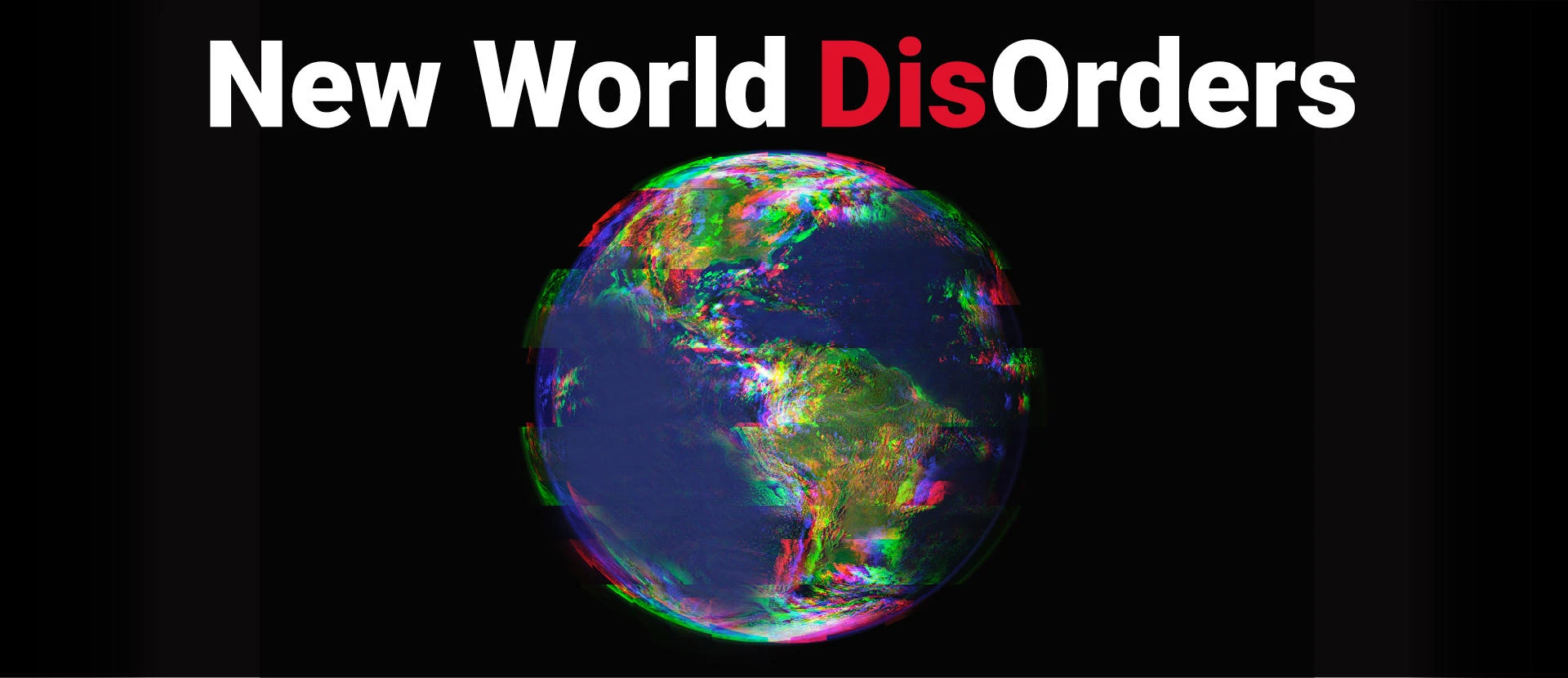The Politics of Urban Inequality in Brazil and South Africa

This comparative urban panel on Brazil and South Africa examines class, race, power and politics in the burgeoning cities of the two countries that have become influential yet unstable middle forces in the international order emergent over the last generation.
Through major domestic policy experiments – some spectacularly effective, some dismal failures – Brazilian & South African societies transformed dramatically over 25 years, most noticeably in their urban social structures and politics. This has had effects for the distribution of power, the environment, the state of the economy, and for how their cities are produced, regulated, and experienced. These places are defined by histories of racialised inequality and its intersections with class-based inequalities, presenting a fascinating set of comparative lessons for elsewhere in the world, but also for each other at this pivotal moment in their political, economic, and environmental trajectories following manifestations of deep instability evidenced in severe water crises, corruption scandals, economic disruption, and racialised violence.
Dr Jaime Amparo-Alves is Assistant Professor of Anthropology the City University of New York, where his work has focused on urban governance, territoriality, and black subjectivity, especially in Brazil. He is the author of The Anti-Black City: Police Terror and Black Urban Life in Brazil (University of Minnesota Press, 2018). He is currently a visiting researcher in Cali, Colombia, studying the post-conflict context and racialised, urban subjectivities. Later in 2019, he will begin as Assistant Professor of Black Studies at the University of California, Santa Barbara.
Prof Owen Crankshaw is Professor of Sociology at the University of Cape Town. His research contributes to debates on social polarisation and the post-Fordist spatial order of cities, with a focus on Johannesburg and Cape Town. He is the author of several books and articles on urban South Africa. Currently on sabbatical, he is now an honorary member of staff in the School of Geographical Sciences, University of Bristol.
Dr Nate Millington is Presidential Fellow in Urban Studies in the Department of Geography, University of Manchester. His research is focused on the politics of the urban environment in an era of climate crisis, with particular interests in the governance of water and waste. He was previously a postdoctoral fellow with the African Centre for Cities at the University of Cape Town, and he has conducted extensive research in São Paulo, Brazil and in South Africa. His current research is dedicated to understanding the relationships between climate crisis, financial capital, and infrastructure in cities marked by intense inequality.
Dr Mara Nogueira-Teixeira is LSE Fellow in Human Geography at the Department of Geography and Environment (LSE). She researches inequality and the politics of urban space in Brazil, including extensive work on the impacts of the World Cup in Belo Horizonte. She is interested in the encounters between different social movements, the state and middle classes, focusing on how those encounters shape urban space, policy making and social class.
Dr Ryan Centner is Assistant Professor of Urban Geography at the Department of Geography and Environment (LSE). His research portfolio revolves around a core interest in urban transformation at the nexus of social, spatial and economic change. He has conducted fieldwork in South African and Brazilian cities, as well as other urban sites in Latin America, Africa, and the Middle East. He co-teaches "Urban Planning & Development in Africa" in the LSE-UCT Summer School in Cape Town.
Twitter hashtags for this event: #LSEFestival #NewWorldDisorders
This event is part of the running from Monday 25 February to Saturday 2 March 2019, with a series of events exploring how social science can tackle global problems.
LSE holds a wide range of events, covering many of the most controversial issues of the day, and speakers at our events may express views that cause offence. The views expressed by speakers at LSE events do not reflect the position or views of The London School of Economics and Political Science.
From time to time there are changes to event details so we strongly recommend that if you plan to attend this event you check back on this listing on the day of the event.
LSE holds a wide range of events, covering many of the most controversial issues of the day, and speakers at our events may express views that cause offence. The views expressed by speakers at LSE events do not reflect the position or views of the London School of Economics and Political Science.
